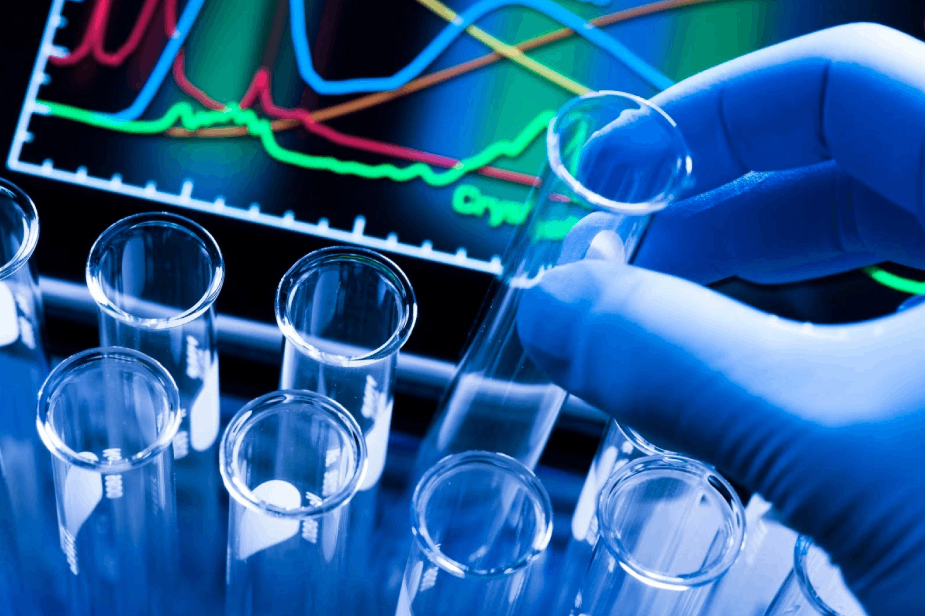The most common drugs that are detected in the workplace come from three main categories: narcotics, stimulants, and depressants. Each class of drug has its own unique effects on the body and mind, which can lead to problems in the workplace.
Narcotics are a type of drug that is typically used to relieve pain. They are most commonly associated with painkillers like morphine and codeine, but they can also include drugs like heroin or opium. While narcotics are often prescribed to treat pain for valid medical reasons, they can be addictive when used over long periods of time. The effects of narcotics typically include euphoria, drowsiness, relaxation, and sedation. Because of these effects, they can cause impaired coordination and motor function, which could create problems for employees who need to operate machinery or other types of equipment.
Another type of drug that can negatively impact workplace safety is stimulants. These drugs are typically used to increase energy and motivation by suppressing the appetite and increasing the heart rate. Some common types of stimulants include amphetamines, cocaine, and ecstasy. The effects of stimulants can be very dangerous in the workplace. They can cause heart problems, seizures, and even death. Additionally, they can lead to aggressive or erratic behavior, which could put other employees at risk.
Depressants are the final class of drugs that can be detected in the workplace. These drugs are used to calm and relax the body. Some common types of depressants include benzodiazepines, barbiturates, and GHB. The effects of depressants can be dangerous in the workplace as well. They can cause slowed breathing and heart rate, which can lead to a person becoming unconscious or even dying. Additionally, they can cause confusion and drowsiness, which could lead to accidents.
